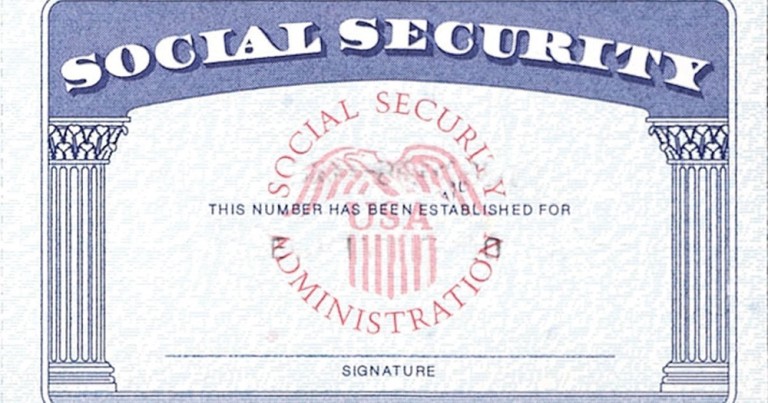By Forum Staff
State Attorney General Tish James on Thursday warned New York residents to stay vigilant against Social Security-related scams.
Social Security recipients are particularly vulnerable to frauds and scams, and bad actors use a variety of tactics to deceive victims into providing sensitive information, like Social Security and bank account numbers.
Common tactics scammers targeting Social Security recipients use include:
- Posing as SSA officials: they may claim that your Social Security number has been suspended due to suspicious activity or that you must confirm personal details (Social Security number, bank account, or birth date) to avoid arrest or benefits loss; they may also claim that you need to pay a fee via a wire transfer, prepaid gift card, or cryptocurrency.
- Promising a prize: they may claim that you have won a foreign lottery, random drawing, or “millionth customer” prize but require you to pay upfront fees or taxes or provide banking details.
- Pretending to be a distressed relative and urgently asking for money to get out of trouble or cover hospital bills; and
- Pressuring you to act immediately or pay in a specific way.

File Photo
“Taking advantage of vulnerable seniors to steal their hard-earned Social Security is downright cruel,” Attorney General James said.
The OAG offered the following tips to protect yourself from fraudulent individuals and organizations:
- Verify unexpected requests. If a “relative” asks for money, call them back using a known number.
- Do not always trust that a phone number with a caller ID is reputable. Scammers will spoof numbers to appear local or official.
- Be cautious with wire transfers and gift cards. Scammers prefer these because they are hard to trace. The IRS and SSA do not accept gift cards. Beware of anyone asking you to pay a government agency using gift cards.
- Typically, the SSA does not make phone calls. Beware of callers claiming to be from the SSA.
- If you suspect fraudulent activity, immediately hang up, do not respond, and do not provide any personal information.
James encouraged any New Yorker who believes they may be a victim of a scam to file a complaint with the Office of the Attorney General online or by phone at (800) 771-7755.

